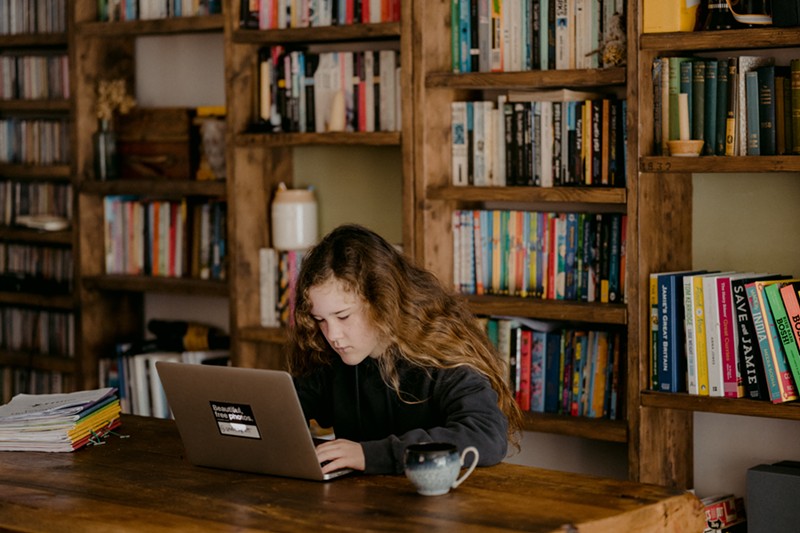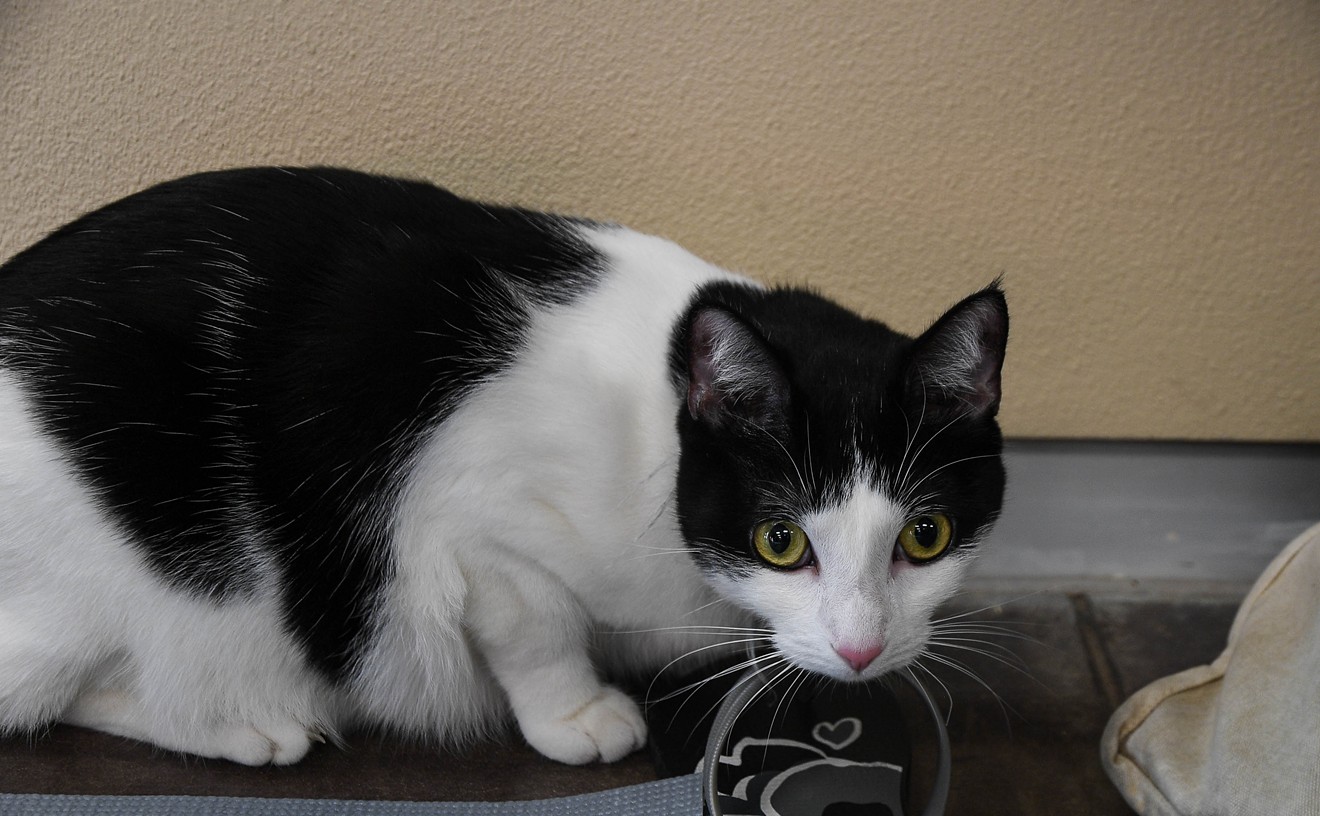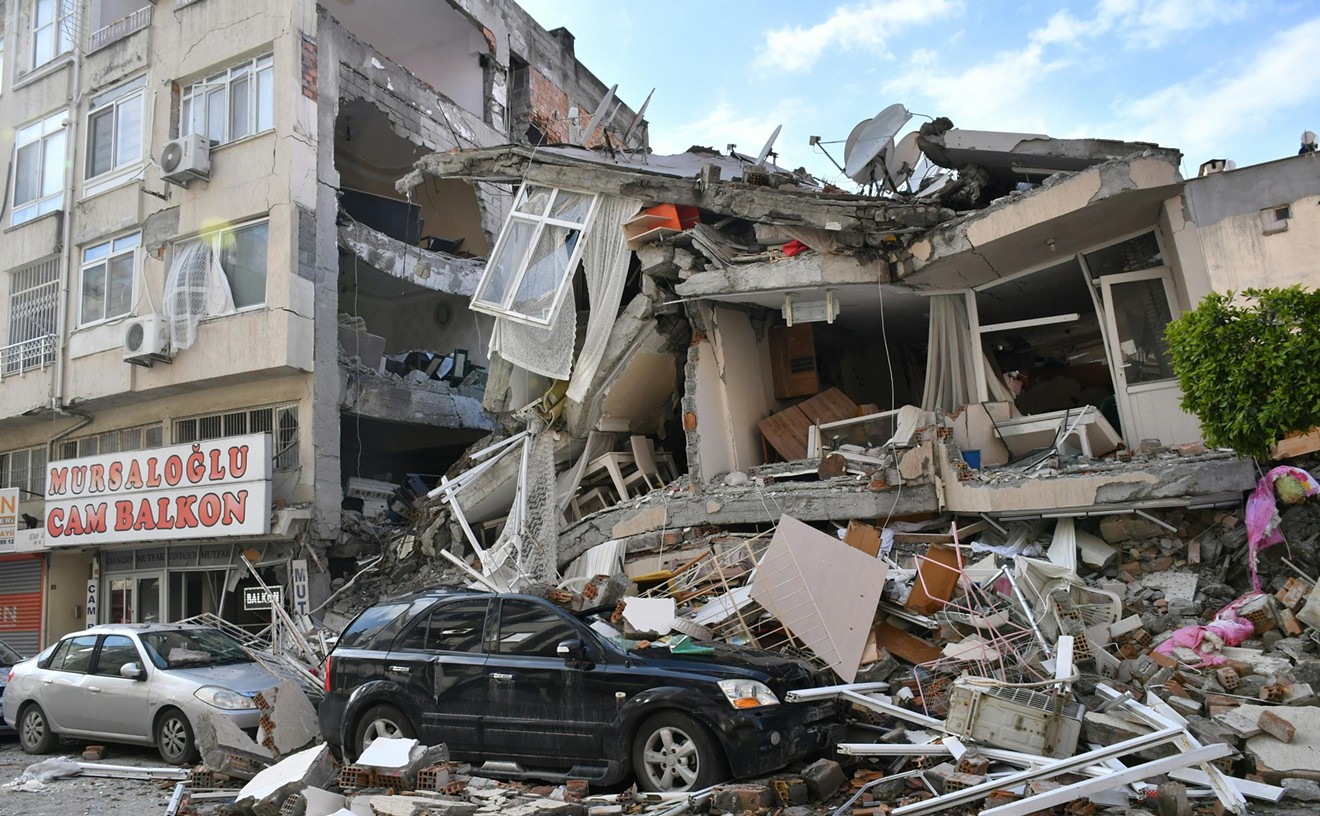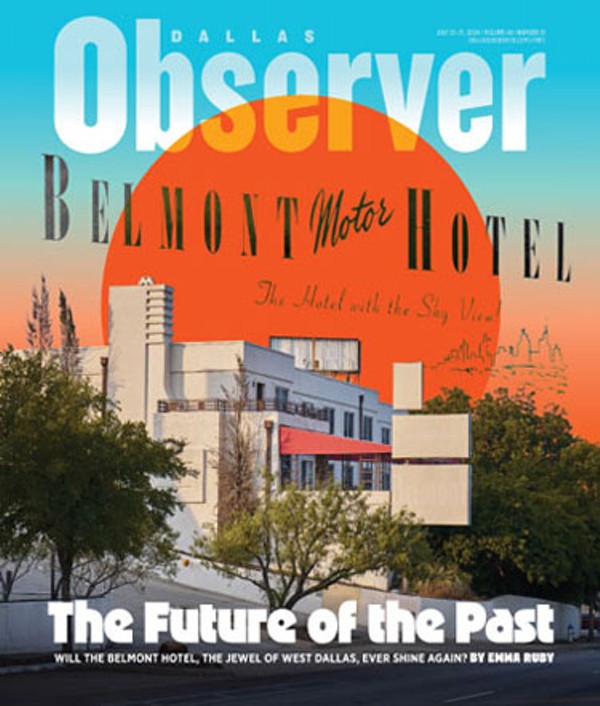Zoom-based curricula have become part of the norm, but virtual is still different than in-person instruction, said Christopher Long, an assistant professor of K-12 science education at the University of North Texas. In many classrooms, student cohesiveness has taken a hit, meaning kids feel less connected to their peers than they have in previous years.
“Their classroom environment has been completely destroyed,” Long said. “They’re not working with groups; they’re not bouncing ideas off their classmates. Zoom discussions are kind of OK, but they’re not the same as everyone sitting around in a circle talking about the book they just read.”
It’s almost been a year since the coronavirus pandemic began, and each day it hurls new challenges at North Texas schools. Yet some districts and teachers are gradually becoming more comfortable with uncertainty.
Dallas ISD has learned plenty of lessons since last March when North Texas reported its first case of the coronavirus, said district spokeswoman Robyn Harris. Its educators are concocting inventive ways of reaching students and building sustainable learning models, such as an upcoming hybrid school partnership with Apple.
Other districts are also investing in education technologies. Keller ISD has used Hoonuit, a data management and K-12 analytics provider, to gauge student engagement and attendance throughout the pandemic, said Jennifer Price, executive director of curriculum and instruction at KISD. It has also helped educators in making timely decisions and adjustments.
Although the pandemic has been tough, Price said she’s witnessed some success stories.
“We have had kids who are excelling in this environment, and I think if they had a choice for the future, they would choose this environment,” she said.
“Kids are resilient, and they’ll get better; we’re not losing a generation." – Professor Christopher Long
tweet this
For the most part, though, student engagement has taken a nosedive, so Long said teachers shouldn’t be afraid to get creative in coming up with lesson plans. In one study out of the Netherlands, for instance, students found success using the gamer messaging app Discord to do group projects, he said.
“If we give our teachers space to try things — and give them permission to fail if it doesn’t work — and redesign, then I think we’ll get through this,” Long said.
Younger students are having a tougher time paying attention for long periods in class, he added. In those cases, it helps to have a parent assist them at home, but not every family has that luxury.
There are also certain subjects that are harder to teach in an online format, Long said. In November, Dallas ISD reported nearly a third of its students have lost learning in reading and 50% have lost learning in math.
Science and math both benefit from hands-on instruction since an in-class teacher can provide assistance as soon as kids encounter a problem, Long said. Equity issues also plague science studies, since students don’t always have the correct equipment at home to perform experiments. Some children don’t even have a home to conduct the experiments in.
In Dallas ISD, 85% of all students are economically disadvantaged, according to the district’s enrollment statistics.
It's unknown what long-term effects the pandemic will have on the nation's kids, but there have been some doomsayers. UNICEF, the United Nation’s agency for children, asserted in a November report that COVID-19 could have devastating consequences on students' learning and warned of a "lost generation of children."
Still, despite major setbacks, Long said he’s wary of such hyperbolic predictions.
“Kids are resilient, and they’ll get better; we’re not losing a generation,” he said. “Worst-case scenario, you’re going to be set back a year, but even in that case, you’re going to be learning something.”












